News and views from our community
-
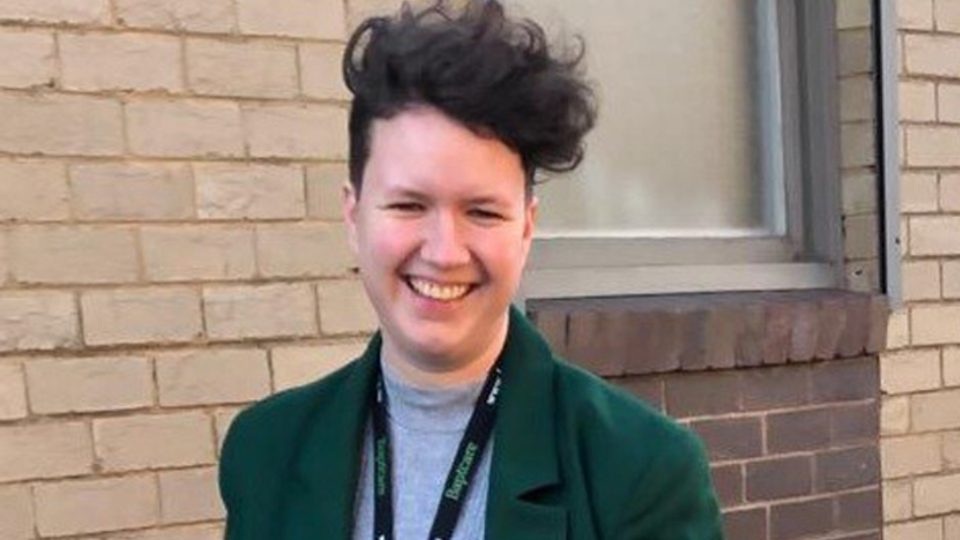
Spiritual Care Week: Meet Teash Taylor
Meet Teash Taylor, Spiritual Care Coordinator at Baptcare Karana Residential Aged Care community. As part of Spiritual Care Week, we are delighted to shine a light on Teash as one of the amazing staff members who make up the spiritual care team at Baptcare! Teash talked about her work as a Spiritual Care Coordinator, how much residents love the outfits that Dot the greyhound wears when she visits and her newly found passion for cross stitch. Read more below.
- 24 Oct 2024
-
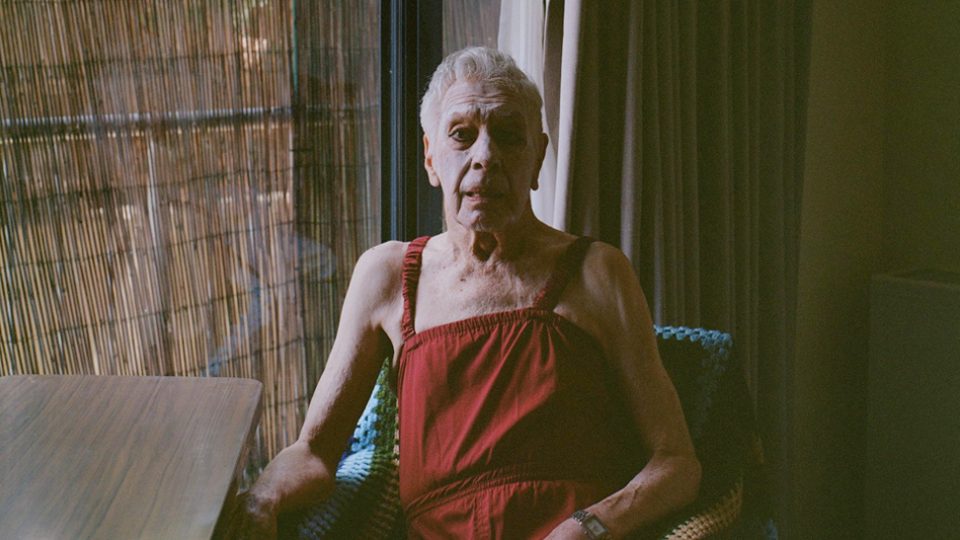
Resident Spotlight | Colin Peasley shining on!
We are always delighted to learn more about our residents’ lives. They are so often filled with excitement, joys and adventure - and it truly reminds us how rich a person’s life is - and continues to be - when they join one of our residential aged care communities.
- 17 Oct 2024
-
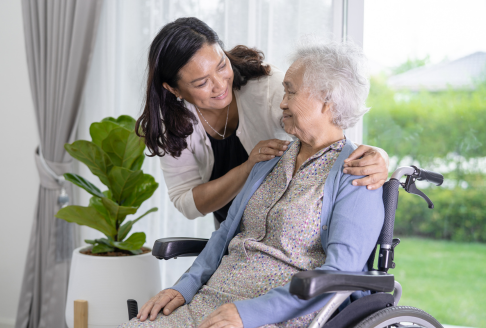
A Spotlight on Caring for National Carers Week
Sunday 13 October marks the beginning of National Carers Week. This is an opportunity for everyone, including organisations like Baptcare, to thank and recognise all that carers do for loved ones and the community.
- 13 Oct 2024
-
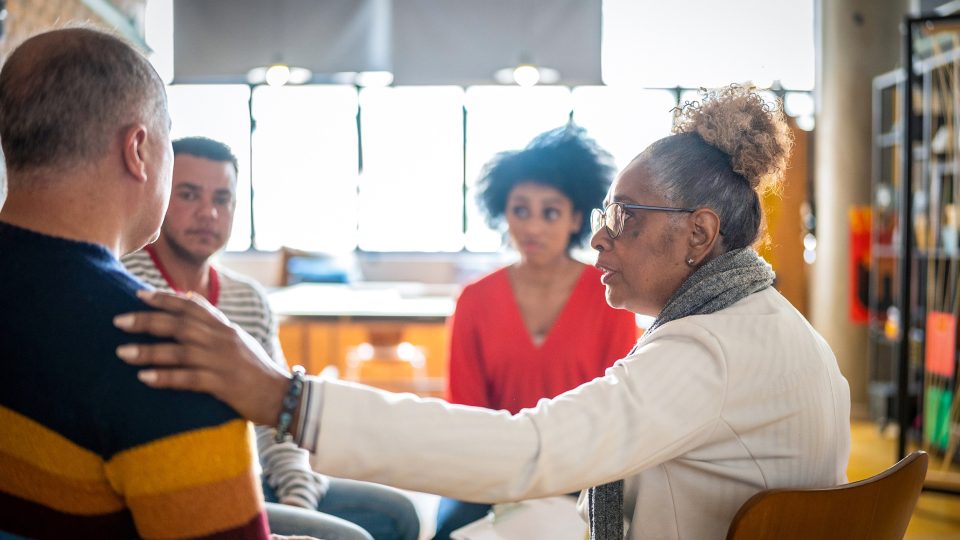
Mental Health Week | Creating a supportive work environment
As we celebrate Mental Health Week (5-13 October), it’s essential to recognise the significant role that a supportive work environment plays in fostering good mental health and well-being. A positive and supportive workplace not only enhances employee satisfaction and productivity but also contributes to overall mental health. Here are some strategies to create a supportive work environment that prioritises employees’ mental health.
- 11 Oct 2024
-
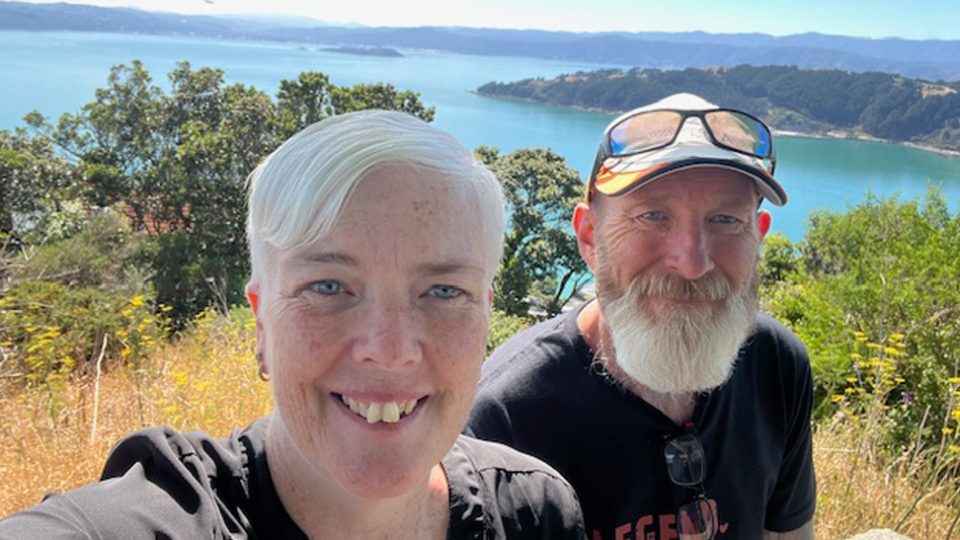
Foster Care Week 2024 | Spotlight on foster carers Tara and Peter Krakowski
Tara (50 years old) and Peter (58) are the parents of two adult children – a daughter (28 years) and son (31 years) and also currently looking after five kids aged 10, 9, 6, 4 and 3. They have been foster carers for over 12 years, most recently with Baptcare. While our conversation was with Tara, Peter endorsed her responses shared below. They are the ultimate team! “Peter’s such an amazing carer,” said Tara. “He’s very much the other half and we are a team.”
- 12 Sep 2024
-
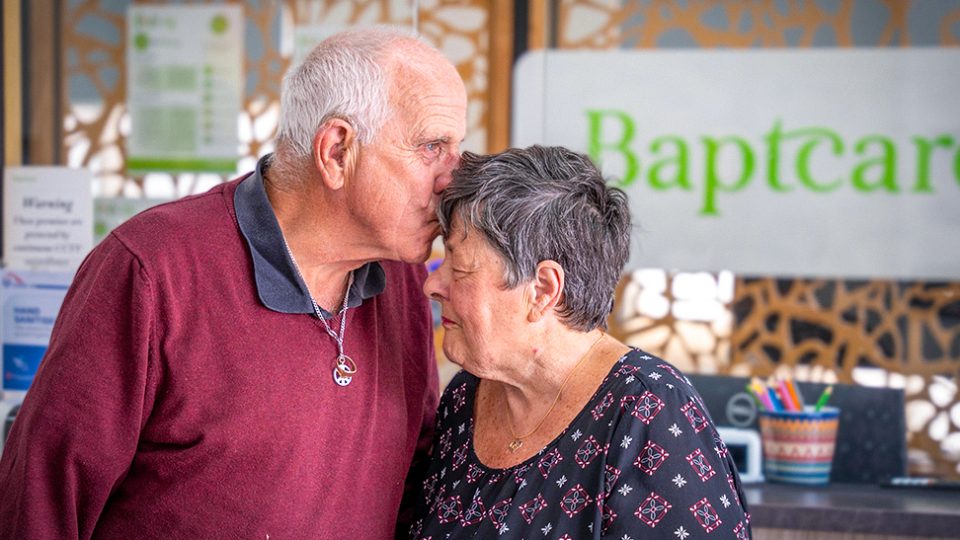
Foster Care Week 2024 | Meet Pam and Joe
You hear the tinkling of laughter before you see the couple wheeling in a pram with Baby M inside. You can tell they’re a good team with an easy rapport borne from over 52 years of marriage together and a full life of opening their home (and their hearts) to endless caring. Of making others happy.
- 10 Sep 2024
-
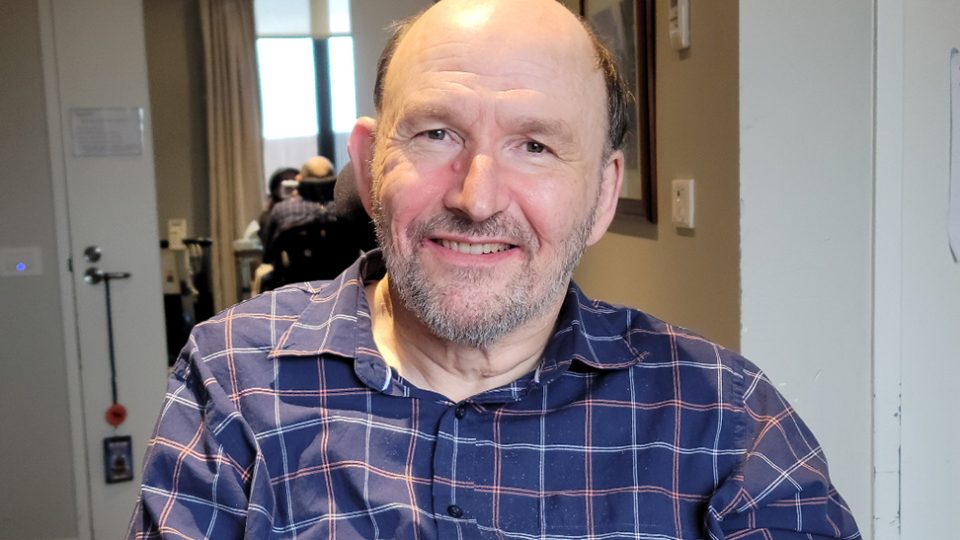
Faces of Baptcare | Meet Grant
Our Baptcare communities are full of exceptional residents with amazing stories to share. Grant is one such person, having enjoyed senior roles driving positive change for some of the most vulnerable people around the globe.
- 02 Sep 2024
-
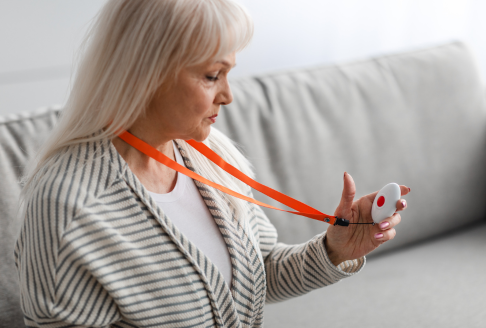
Personal Alert Victoria | Enhancing safety and independence
Personal Alert Victoria (PAV) offers eligible Victorians a free personal monitoring and emergency response service. This important service is funded by the Victorian Government and helps people continue to live independently at home, safe in the knowledge that help is only a button press away.If you or someone you know is frail, elderly and isolated or who is living with a disability, you may like to consider applying for the PAV program.What does the PAV service involve?The PAV service responds to calls for assistance 24 hours per day.Clients wear a pendant around their neck or wrist which is designed with a button that, when pressed, dials the PAV hotline connecting the caller with trained staff ready to provide assistance. For example, if you fall or suddenly feel unwell, you can press the button and be connected with someone who can speak with you through the pendant.PAV hotline staff will talk with you to determine whether a call should be placed with emergency services, one of your nominated contacts (usually family members, friends or neighbours) or whether you simply require some reassurance about your situation (in the event of a non-urgent issue).How does my pendant connect me to the PAV hotline?A receiver unit sits next to your telephone and is plugged into your telephone line. When it receives an alert from your pendant (after you have pressed the button), the receiver unit automatically dials the PAV hotline.Who is eligible for the PAV service?Eligibility is determined via an assessment conducted in your own home.There are two sets of eligibility criteria to meet – Part A and Part B:Part A:You must meet all three conditions set out below –Daily monitoring – you consent to daily monitoring.Wearable pendant - you are capable of using and willing to wear the PAV pendant at all times.Living situation – you live alone OR are alone for most of the day or evening OR live with a person who would be unable to get to the phone in an emergency (or is unable to use the phone).Part B:You must meet two of these criteria –You have had at least one fall that needed medical attention in the previous six months or be at risk of falls.You suffer from a major medical or chronic condition that puts you at risk of medical emergencies or has some ongoing effect on your health or wellbeing.You are taking six or more different medications on a permanent basis that are prescribed by your doctor / medical specialist.Who conducts my eligibility assessment for PAV?Eligibility assessments for the PAV service are usually conducted by your local council, community health service, aged care assessment service, district nursing service and some publicly funded community rehabilitation services.You can either contact your local service provider directly (for example, by enquiring with your local council’s aged care program) or be referred to an assessment service by your doctor or local community health service.It’s worth noting that there may be a waiting period involved until a PAV unit becomes available for installation at your home.For more detailed information on the PAV program, please refer to the PAV program and service guidelines provided by the Victorian Department of Health.
- 29 Jul 2024
-
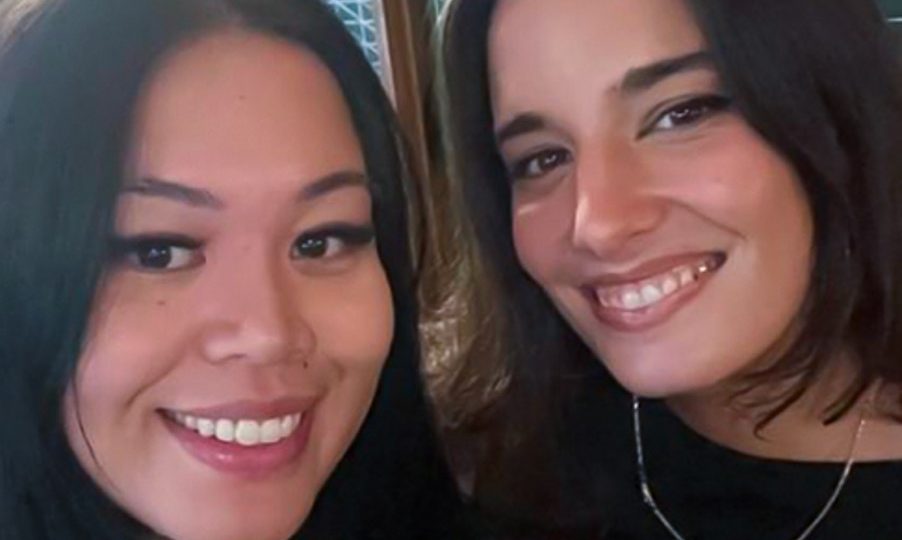
Student Placement Program
Baptcare offer students placements or work experience opportunities to help them determine if a student placement with Baptcare is right for them. As part of student placement and work experience opportunities, students work alongside our experienced, supportive teams gaining practical experience under the expert guidance of industry trainers. They gain work experience hours of up to 13 hours per week and at the end of their placement, they receive a certificate recognising the total hours done and a list of work skills gained during their time at Baptcare. Baptcare Talent Programs currently support placements across the organisation including Residential Aged Care, Home Care, Day Care, Allied Health, Family and Community Services, Kitchen, Lifestyle, IT and Nursing.
- 11 Jul 2024
